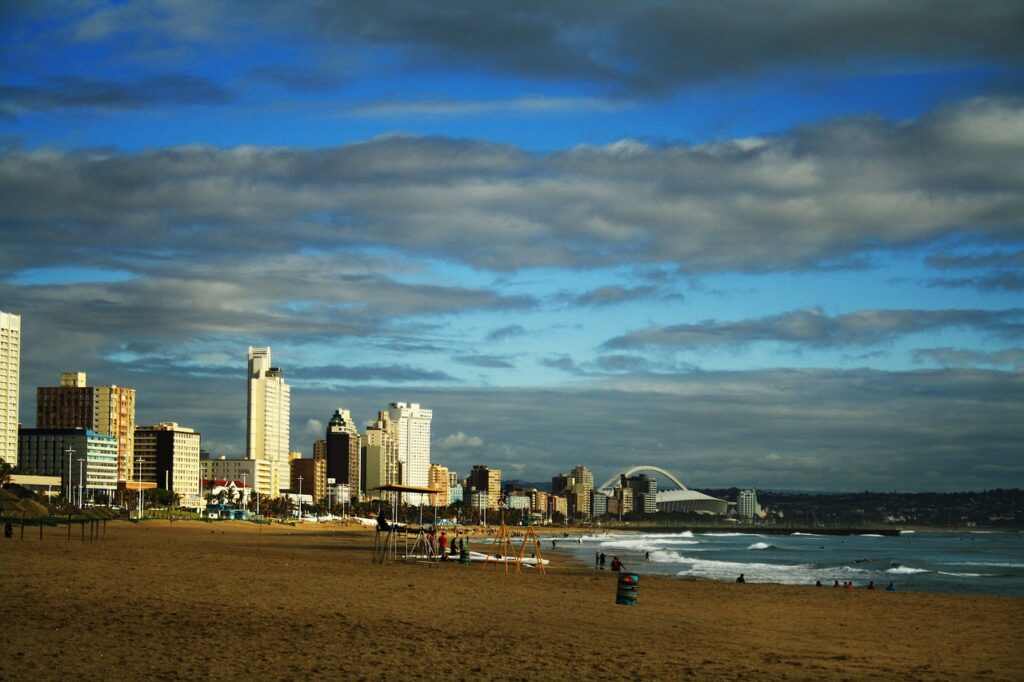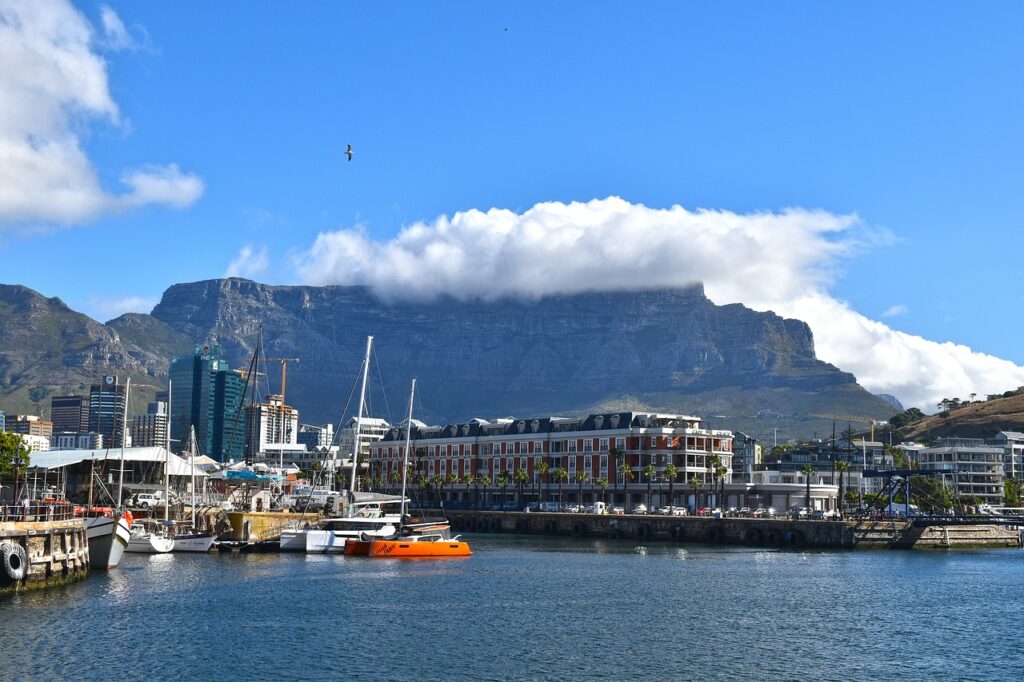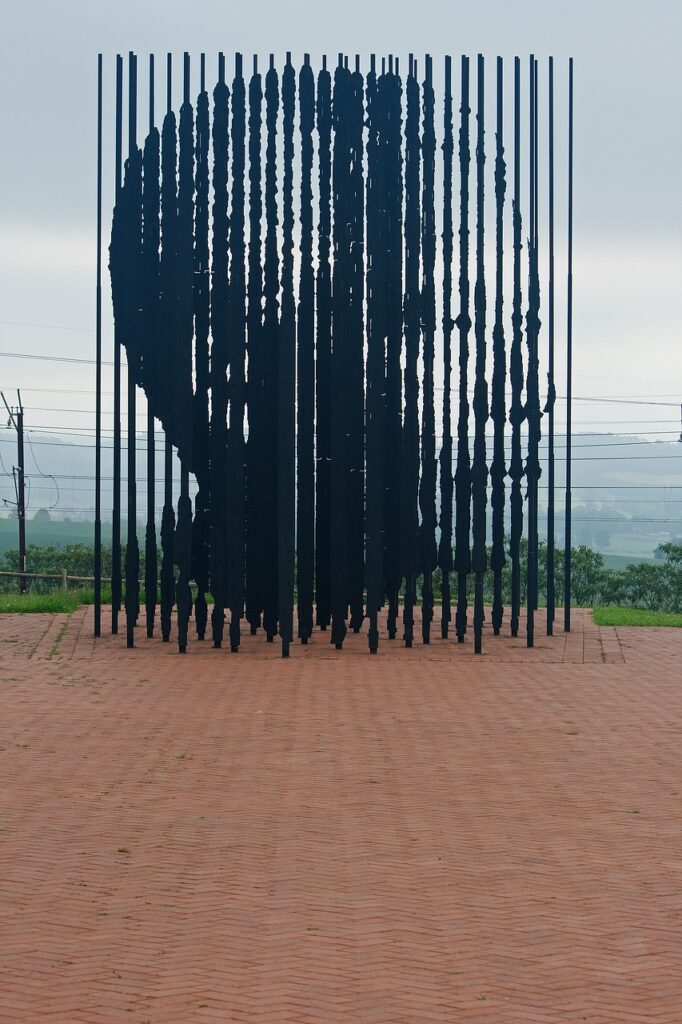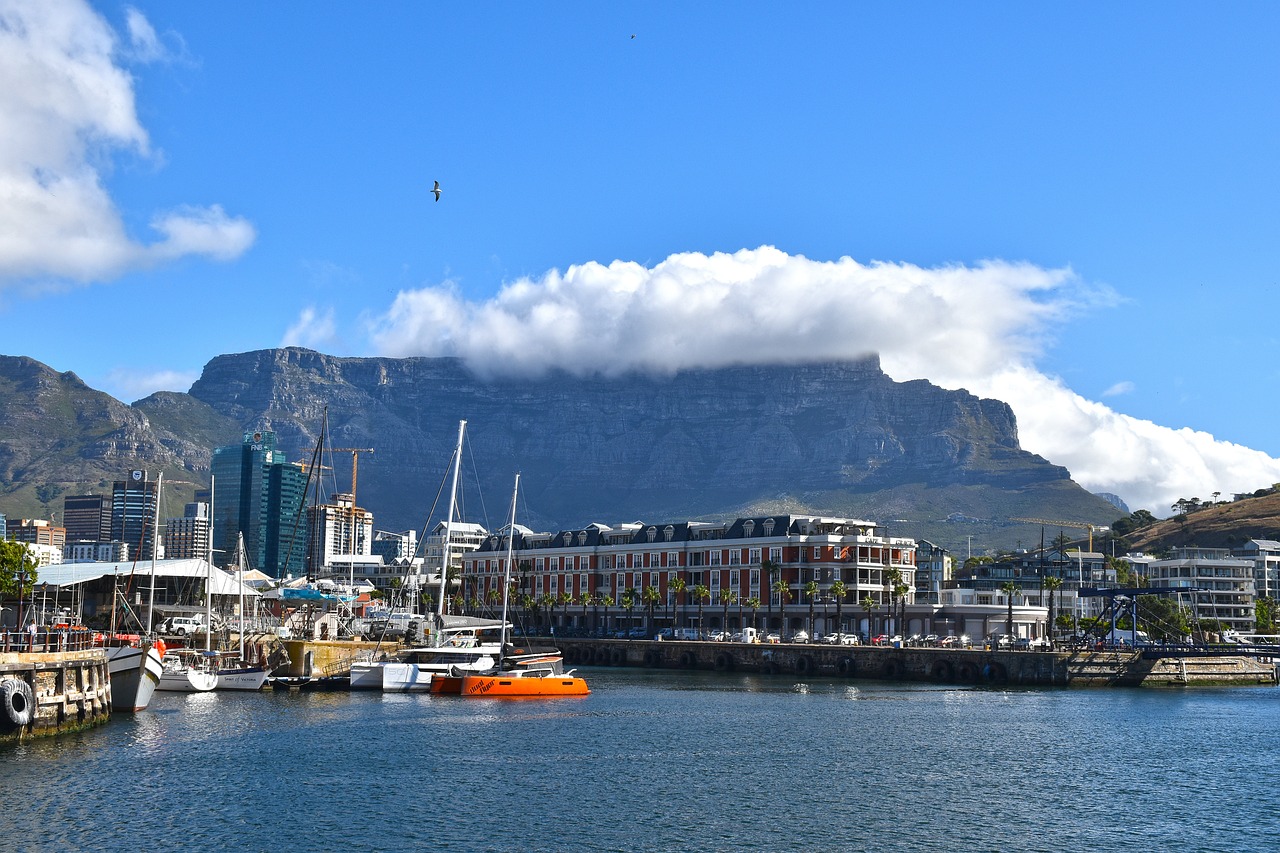Students at Sinclair now have a chance to sign up for an upcoming trip to South Africa next year through the college’s International Office. Unveiled during a presentation in the Library’s Logia last week, the 2025 educational sojourn will center on the life of Nelson Mandela and the Rainbow Nation’s multi-ethnic democracy.
In an interview with The Clarion, Dawn Haddon, head of the Durban-based Diversity Trading and one of the trip’s organizers, described the itinerary as community-oriented. As opposed to just looking at landmarks as tourists would, students are going to be given an opportunity to see the real South Africa.
“They don’t stay in hotels, they stay in community BnBs. Students engage with the community and people who prepare their suppers every evening. In the past we have had some students even get invited into neighborhood homes and spend a day learning what the lives of people in the community are really like,” Haddon said.
As she explained, students are scheduled to be taken on an authentic dive into local life after landing in Durban on June 1 2025. In the Sydenham neighborhood they will get a chance to explore local life, food, and even participate in a community walk. Afterwards they’ll hit the road on a cross-country trip through the heart of South Africa.

Durban has a warm climate all-year round. The nearby Drakensberg Mountains are a popular place for hiving and other excursions. Photo Credit: Dale Botha/Pixabay
Hadden said, “It’s a signature tour of Nelson Mandela’s life. It incorporates Gandhi as well, but the focus is Mandela.”
Sinclair’s road trip will head first to the Mandela Capture Site, where South Africa’s revered leader was arrested in 1962. Bloemfontein, the country’s famous City of Roses, is next on their itinerary before visits to Cape Town and the infamous Robben Island prison.
The trip back to Durban will encompass the scenic Garden Route. Stops are scheduled in Port Elizabeth and the village of Mvezo, where Mandela was born.

Cape Town is widely regarded as South Africa’s most famous city. Images like the one above, show just why it has become such a large tourist destination. Photo Credit: Pascal Ohlmann/Pixabay
“As South Africans, through the apartheid-era we grew up with the American dream. We lived all through the sneakers, jackets, clothing-everything was about America. So now, especially older folks, have a chance to interact with real American people. They are not just singers or in tourist groups,” Haddon said about how South Africans might benefit from meeting Sinclair students.
Given the fraught and turbulent phase America’s democracy is experiencing, Haddon also felt there were key things South Africa to teach her visitors.
“(After apartheid) we did things like the truth and reconciliation committee. Political crimes were addressed and people apologized to families with loved ones they killed. There was healing. One thing I’ve found is a lot of deep-seated hatred in the American people, at least in the places I’ve been to. This is a much older democracy than ours,” Haddon stated.
She hopes that by seeing South Africa’s many positive changes firsthand students might return with some much-needed perspective that could help Americans find peace.
Haddon said, “The current generation in South Africa don’t have that kind of hate that we grew up with in the 60s and 70s. They don’t even understand apartheid. The hate is there in some places, but we worked through so much of that and that’s what many American people take away when they come over.”

After his arrest, Mandela would later be sentenced to life in prison. The Mandela Capture Site is but one of many locations in South Africa that commemorates his struggle. Photo Credit: Lynn Greyling/Pixabay
Haddon has organized tours to South Africa for over 10 years and believes reconciliation is the greatest lesson her country has to offer. Students interested in learning from the Rainbow Nation firsthand are advised to contact the Director of Sinclair’s International Education Office Deborah Gavlik or Study Abroad Coordinator Monika Daubnerova.
“(They will see) we have the same roads, don’t run around naked or have lions everywhere. We have advanced infrastructure and loads of culture. We are a very young democracy and how we manage that really sucks them in. Many say ‘wow, we could be anywhere in America right now.’ That’s been some of the comments that we have received,” said Haddon.
Ismael David Mujahid, Executive Editor


